Category: Court Holdings
-
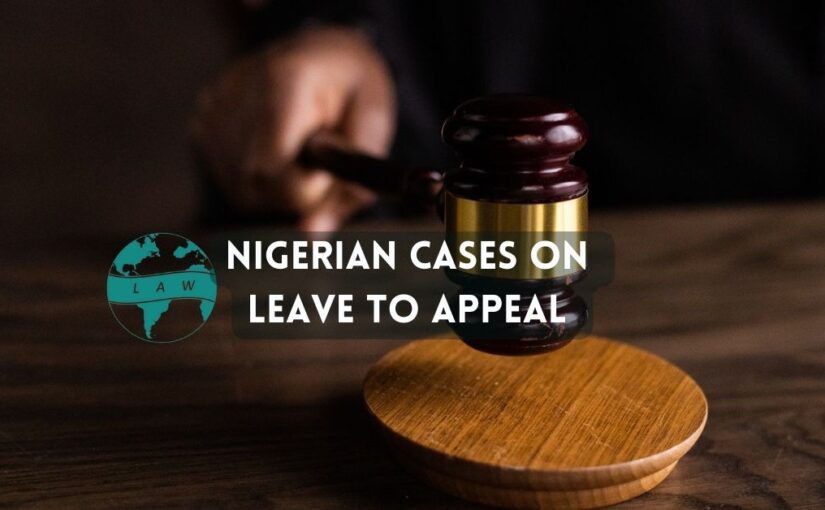
Nigerian Cases on Leave to Appeal “Leave” means permission. And it is settled law that, where no leave to appeal is obtained where one is required before appeal, such appeal is incompetent and is liable to be struck out. Below are some rationes decidendi on Leave to Appeal from Nigerian cases. Meaning of Leave to Appeal…
-
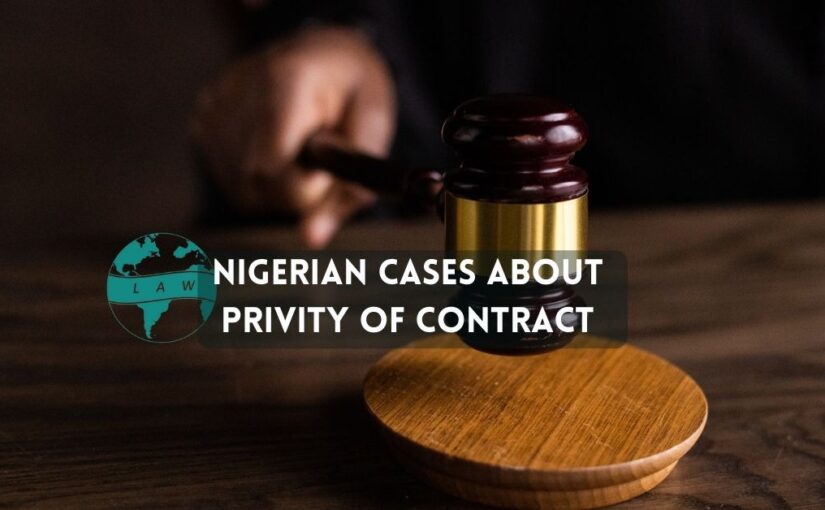
Nigerian Cases on Privity of Contract Can a third party enforce terms of a contract between two parties? This legal question borders on the doctrine of privity of contract. The rule states that a contract cannot confer enforceable rights or impose obligations arising under it on any person, except parties to it. Below are some…
-
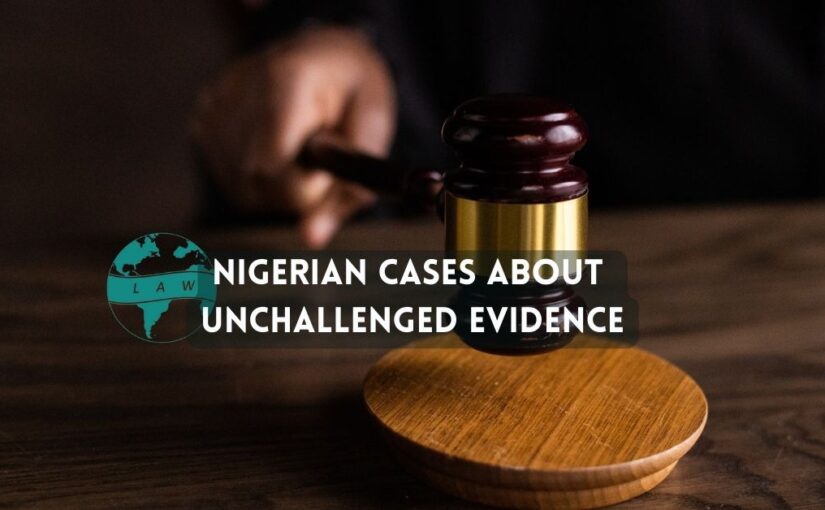
Nigerian Cases on Unchallenged Evidence A piece of evidence given by a witness on a given point or subject matter or an issue may be said to stand “unchallenged” if there be no other evidence by the adversary on the same issue or subject-matter. Below are some rationes decidendi about Unchallenged Evidence from Nigerian cases.…
-
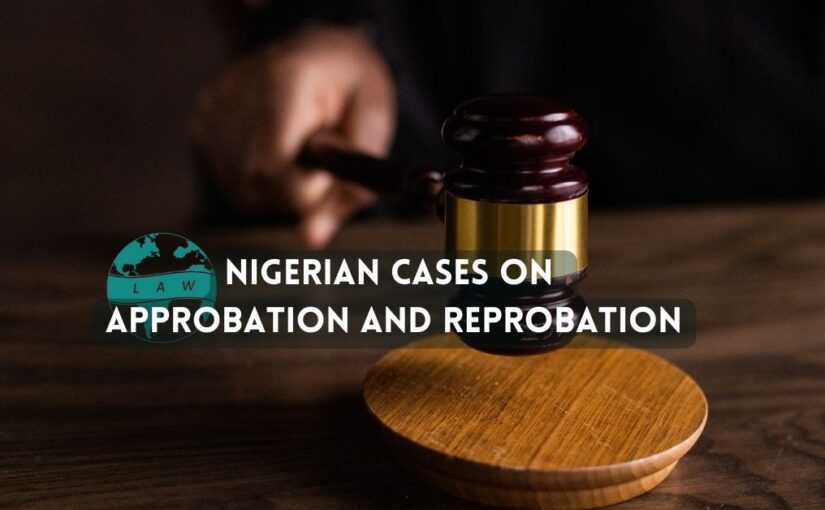
Below are some rationes decidendi on Approbation and Reprobation from Nigerian cases. It is a settled principle of law in Nigeria that a party, counsel, witness or court is not allowed to approbate and reprobate simultaneously. That is to say, a party cannot approve and disapprove at the same time. Meaning of Approbation and Reprobation…
-
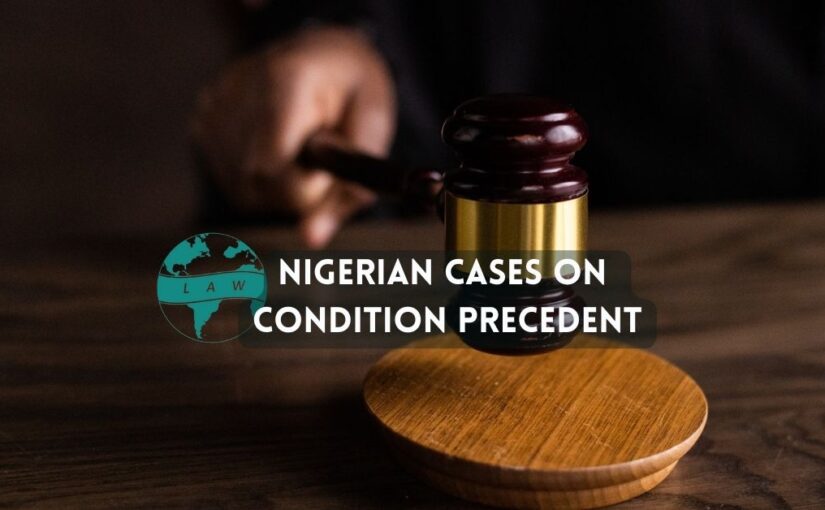
Nigerian cases on Condition Precedent A condition precedent is one which delays the vesting of a right until the happening of an event. Below are rationes decidendi on Condition precedent from Nigerian cases. Meaning of condition Precedent FEDERAL REPUBLIC OF NIGERIA V. HON. JUSTICE HYELADZIRA AJIYA NGANJIWA (2022) 17 NWLR (Pt. 1860) 407 – Supreme Court A condition precedent is an…
-
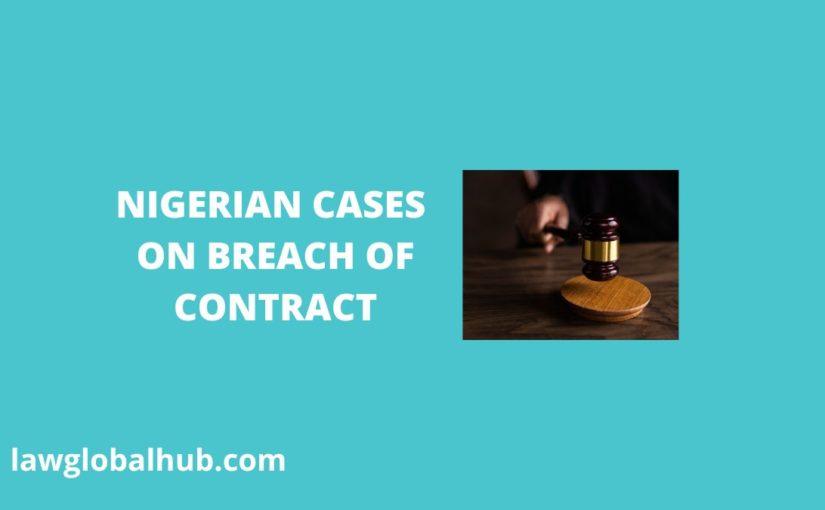
Nigerian cases on Breach of Contract Below are rationes decidendi on Breach of Contract from Nigerian cases. Breach of contract connotes that the party in breach acted contrary to the terms of the contract. What is a Breach of Contract? DAAR COMMUNICATIONS PLC v. MCKEE (2022) LPELR-57848(CA) “It has been held that a breach of…
-
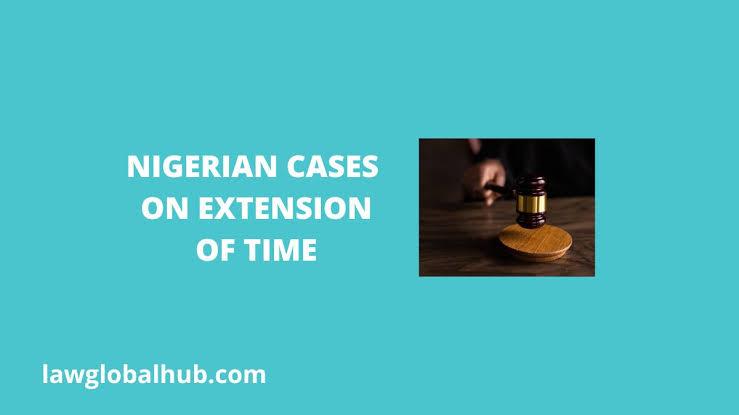
Nigerian Cases on Extension of Time Below are rationes decidendi on Extension of Time from Nigerian cases. The granting of an extension of time is at the discretion of the court. When Extension of Time can arise NDP v. INEC (2012) 14 NWLR (Pt. 1319) 176 An extension of time can only arise where there…
-
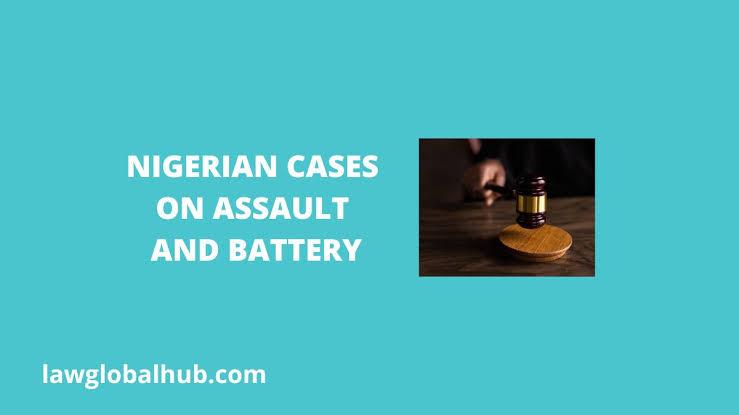
Nigerian Cases on Assault and Battery Below are rationes decidendi on Assault and Battery from Nigerian Cases. Assault is unlawfully putting a person in fear of imminent harm. Battery is inflicting force on a person wrongfully. Assault is not the same as Battery, although they are very connected. Meaning and Elements of Assault KLM Royal…
-
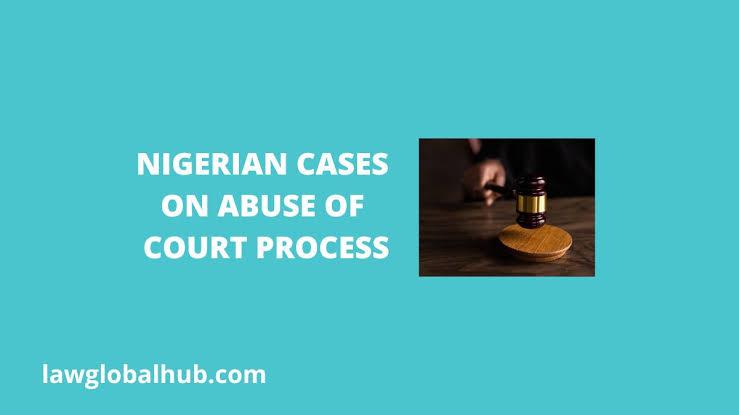
Nigerian Cases on Abuse of Court/Judicial Process Abuse of Court Process is the improper or malicious use of the judicial process by one party to intimidate or harass the other and interfere with the administration of justice. It is the same thing as Abuse of Judicial Process. Below are some rationes decidendi on Abuse of…
-
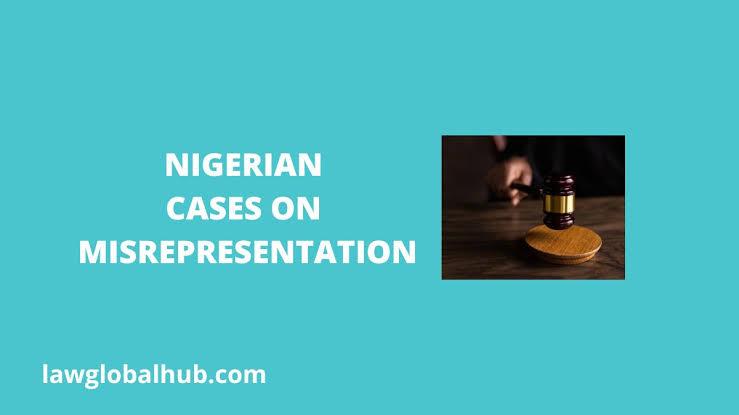
Nigerian cases on Misrepresentation Below are rationes on Misrepresentation from Nigerian Cases. Misrepresentation is the act of making a false or misleading statement about something, usually with the intent to deceive. Meaning of Misrepresentation ABBA v. ABBA AJI & ORS (2022) LPELR-56592(SC) “The Court below had alluded to a misrepresentation of facts and the definition…
